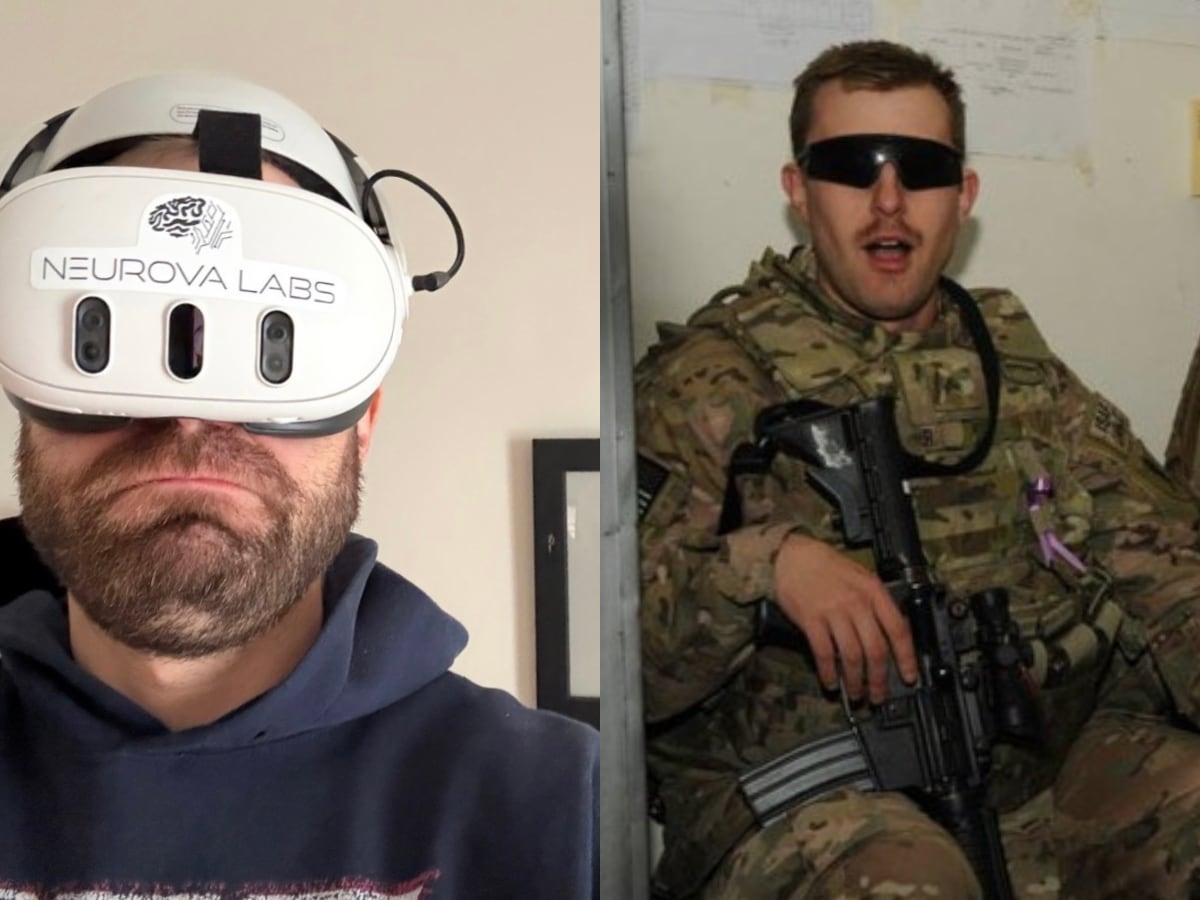Correction: Due to an editing error, an earlier version of this article mistakenly characterized this sailor’s protest as intending to disrespect her fellow troops. In the video, the unidentified sailor says her protest was not intended to disrespect fellow service members. Navy Times regrets the oversight.
A sailor who posted a Facebook video of her sitting down during the national anthem is in trouble but won't be discharged, Navy Times has learned.
The sailor, who is in training at Naval Air Station Pensacola, Florida, posted a video of her sitting during during the anthem at a colors ceremony, saying she won't stand until the U.S. proves "that they've got my back as a black woman." The sailor's action, which sparked a firestorm online, was in solidarity with NFL quarterback Colin Kaepernick, who said he'll continue taking a knee during "The Star-Spangled Banner" until people of color are treated more fairly.
The controversy highlights the limits placed on troops' free speech rights, a freedom enshrined in the Bill of Rights that is limited for those to protect the cohesion of military commands and to bar the military hierarchy from political partisanship.
"We have identified the Sailor and her chain of command was made aware of the video," said Lt. Cmdr. Kate Meadows, a spokeswoman for Naval Education and Training Command. "Appropriate administrative actions are pending."
"She is not being discharged or separated," Meadows added. "She will be able to move on to her next duty station as planned."
"It basically says, ‘land of the free and home of the brave' except for hirelings [and slaves], and I just can't support anything like that," the sailor says in the video. "And also I think Colin had a really good point when he said that, 'We've got bodies in the street.'"
The sailor goes on to say that she did not intend to disrespect her fellow service members.
"People always say, men and women have died for this flag. No, correction, men and women have died for my right, and Colin Kaepernick’s rights, to determine whether or not we want to stand or sit. And that’s the thing that people really don't understand.
"I don't not respect the men and women who serve — who I serve alongside," she continued. "It's just, until this country shows that they've got my back as a black woman, that they've got my people's back — not even just being black but people of color — I can't. And I won't."
The video caused an uproar online when it was posted on a Facebook page that caters to military members.
The case highlights the restrictions on basic American freedoms that service members submit to when they volunteer to serve: Colin Kaepernick has the right to sit through the anthem. Service members do not.
Navy regulations are clear on standing during the anthem, in or out of uniform: "Whenever the National Anthem is played, all naval service personnel not in formation shall stand at attention and face the national ensign," the regulations state. "In the event that the national ensign is not displayed, they shall face the source of the music. … Sailors not in uniform will face the flag, stand at attention, and place the right hand over the heart."
However, troops have the right to protest off base and out of uniform, Meadows added.
"If a Sailor is not in uniform they can participate in a protest out in town — if they are not in violation of a law, riot, etc.," Meadows said.
A leading military justice expert said that the sailor's legal defense was minimal since she had clearly broken the rules.
"Military personnel have First Amendment, but they are different from the rest of us," said Eugene Fidell, a former Coast Guard judge advocate who teaches military law at Yale Law School. "For example officers can’t speak contemptuously of the president. You and I can. You and I have the right to give our boss a piece of our mind. A military member does not have the right to say that to the admiral."
At the same time, First Amendment issues in the military are almost always taken on a case-by-case basis.
"There is no cookbook for this because people are wonderfully unpredictable and can dream up all kinds of ways to be a nuisance to their commanders," Fidell said.
David B. Larter was the naval warfare reporter for Defense News.






